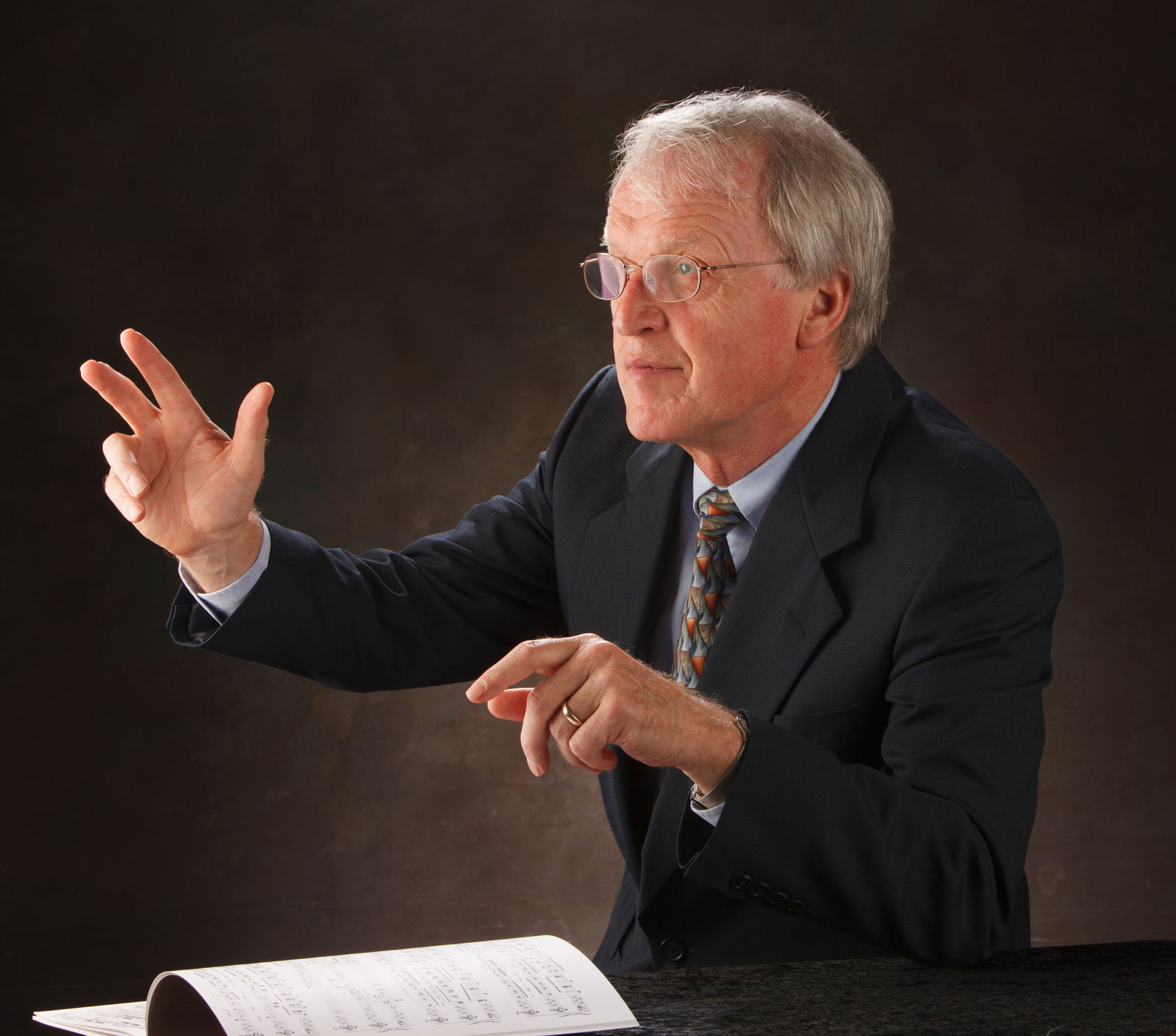
home
ART, PEACE aND FREEDOM
Often do I think of the words of the poet Robert Frost: ‘Two roads diverged in the woods and I — I took the one less traveled by, and that has made all the difference.'
At the age of 46, I switched from an international banking career to becoming a composer and focusing on piano improvisation, and enrolled in the Western Michigan University Irving S. Gilmore School of Music. The first orchestral work, “Of Barbed Wire and Red Roses” Op. 1b for large brass ensemble and timpani was the result of reflections on the violence and destruction of civil wars that I had witnessed first hand, years earlier in several countries while on business and residing in Africa. This work received the Irving S. Gilmore Emerging Artist Award.
The call for peace and protection of the Environment became the predominant theme of my music - as in the cantata Tears of the Earth, Op. 57 (2023) for soprano, baritone, choir, percussion and string orchestra, on Native American lyrics about respect of the Earth. . *** Early on, other awards such as the Arts Council of Greater Kalamazoo Arts Outreach Grant and the Pharmacia and Upjohn Foundation Grant, gave me the boost of confidence to pursue music composition instead of banking, to follow the road less traveled by, which, to quote the poet, ‘has made all the difference.’
The late pianist, Maurizio Pollini once said that “art is a little like the dreams of a society. They seem to contribute little, but sleeping and dreaming are vitally important in that a human couldn’t live without them, in the same way a society cannot live without art.” . *** The Concerto for alto saxophone and string orchestra, Springtime in Chicago, Op. 61 (2024) is a joyful work. The saxophone was invented in the 1840s by Adolph Sax in part to expand the sound color of the orchestra. Eventually, the new instrument would conquer jazz, the music genre from the New World now common worldwide. The idea of capturing in a new concerto a whiff of the saxophone’s contagious optimism and expression of freedom, characteristic of Western Art, led me to compose the concerto Springtime in Chicago for my grandson.
By contrast, the oratorio Requiem for the Fallen, Op. 50 (2018), for soprano, choir and symphonic orchestra is about healing from war tragedies. It was played in 2018 in France for the centennial of the end of WWI. The full version premiered in 2019 at Carnegie Hall, New York. It was replayed in Moscow in 2020 with the support of the U.S. Embassy to commemorate the cooperation of WWII, and in 2021 as a concert for peace as the invasion of Ukraine was looming. After the concert, I exchanged a few words by zoom from the U.S. with the audience, including an Orthodox Bishop. The public waved ‘Heart signs’ and ‘I Love You signs’ with their hands, and the Bishop said that the message of the Oratorio was “Music for peace”.
More than ever, society needs Art - as bearer of the message of peace and respect - to survive, to heal, to protect our grandchildren and to be responsible custodians of the Environment.
